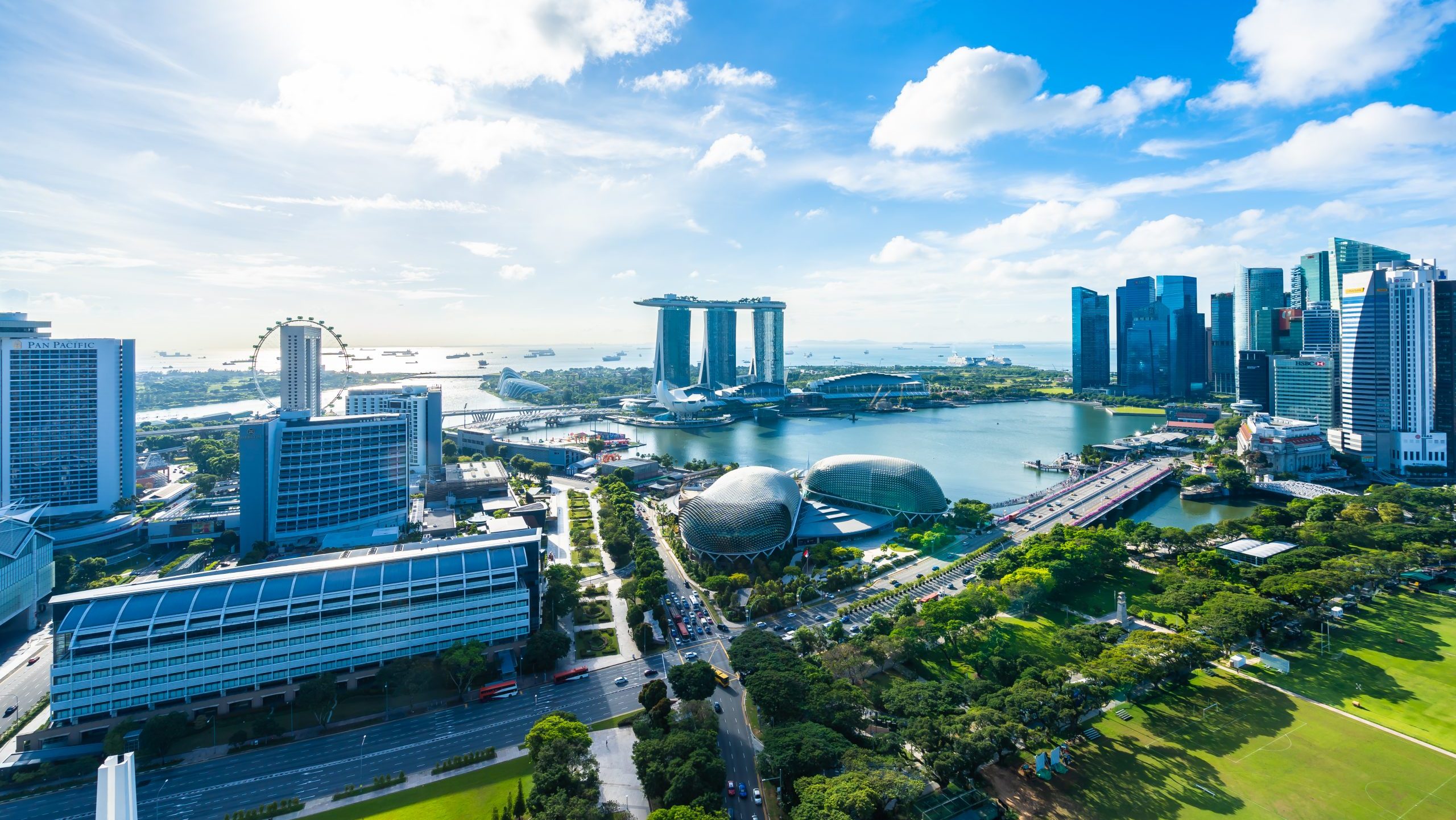SINGAPORE: Singapore’s core inflation fell to 3.4% in August, marking its lowest point in more than a year. This drop from July’s 3.8% was primarily driven by reduced inflation in services, food, and retail, as reported by the Ministry of Trade and Industry (MTI) and the Monetary Authority of Singapore (MAS).
Core inflation excludes accommodation and private transport costs. It reached a 14-year high of 5.5% in January and February before easing in subsequent months. Overall inflation in August decreased slightly to 4% year-on-year, down from 4.1% in the previous month. This was attributed to declines in core and accommodation inflation, counteracting an increase in private transport inflation.
- Food inflation declined to 4.8% in August.
- Electricity and gas costs continued to fall at a slower pace of -1.4%.
- Retail and other goods inflation reached 2%.
- Services inflation was lower at 3.1%.
Looking ahead, MTI and MAS expect core inflation to continue moderating in the coming months, supported by factors such as low imported costs and gradually easing the tightness of the domestic labour market.
For 2023, headline inflation is projected to average between 4.5% and 5.5%, while core inflation is expected to range from 3.5% to 4.5%.
While global supply chain disruptions have eased and food commodity prices remain relatively low, potential risks persist, including shocks to global energy and food prices and labour market uncertainties.
Amid this official data, some Singaporeans are expressing concerns about the real-world impact of rising prices. Redditors have shared their observations and questions about inflation.
Redditor ldrmt noted that “Food inflation is still at 4.8%.”
Meanwhile, user tombradythenext1 provided a personal example, saying, “I usually use McDonald’s to see what inflation is like. McChicken burger previously was $2 now it’s $2.9! almost 50% increase. filet o fish was also previously $2 now it’s 3.9.”
However, concerns also extend to whether prices will revert to their original levels when inflation subsides.
Redditor TheRavenSpectre expressed skepticism, stating, “Damage is done. Store owners def increase price more than inflation. When inflation comes down will price come down? Definitely not to original prices and possibly remain at the high prices of today.”
To clarify the economic concept, Redditor assault_potato1 joined the conversation, explaining, ‘Inflation slowing means there’s still inflation, but at a lesser pace. What you’re referring to is called deflation.’
These comments from Redditors provide real-world perspectives on the impact of inflation on everyday expenses in Singapore and underscore the ongoing concerns about rising prices among the public, even with the mentioned core inflation drop.

